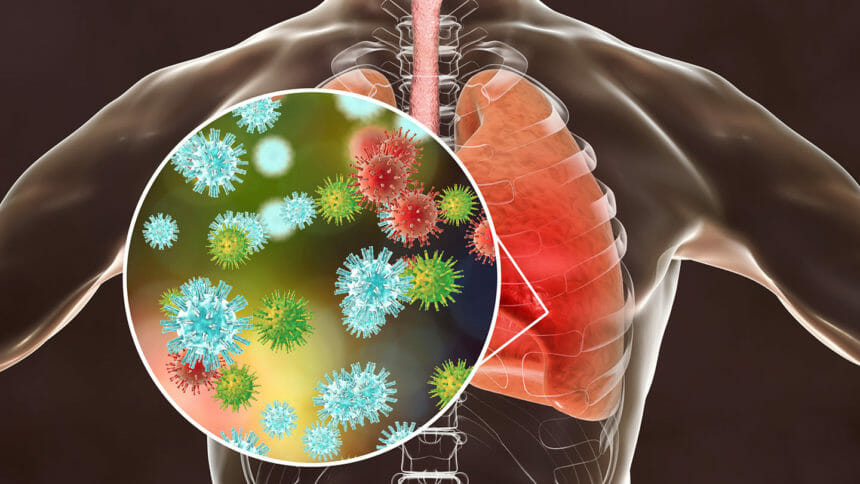
Clinicians should be on the lookout for symptoms of certain new illnesses in the months after patients recover from COVID-19, a new study suggests.
Investigators examined data from more than 2 million patients who were tested for COVID-19. They found a common thread among those who were hospitalized after testing positive when compared to the group that tested negative. The former group were more likely to have new diagnoses of shortness of breath, nonspecific heart rate abnormalities and type 2 diabetes between 31 and 150 days after their test, reported Alfonso C. Hernandez-Romieu, M.D., and colleagues.
Although these new issues occurred only in 11% of these patients, they may account for a substantial number of people considering the number of Americans infected with SARS-CoV-2, the researchers said. And some of these new symptoms may be long-lasting, they added.
Increased awareness of these long-term outcomes is needed among clinicians, they said.
“These estimates highlight the need for healthcare professionals and patients to monitor for development of new symptoms and conditions beyond the first month after SARS-CoV-2 infection, particularly for individuals who required hospitalization for acute COVID-19,” the researchers concluded.
The study was published in JAMA Network Open.




